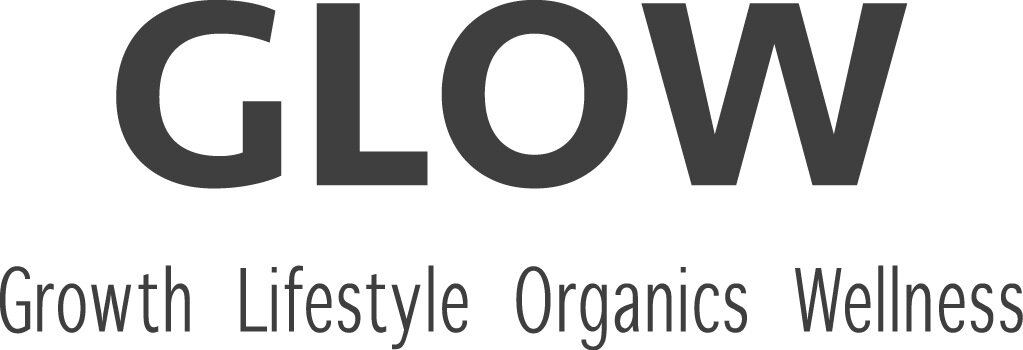Recently I bought some organic strawberries in a supermarket. Organic berries are rare enough in large stores so I shared my find in a local Facebook group. Despite the good intentions, it wasn’t received too well by the audience because the strawberries were not only wrapped in plastic but also didn’t come from Mallorca. Fair points. Generally, I try to encourage people to support local food producers and I certainly don’t entertain mindless collection of plastic wrappers. Nevertheless, conventionally grown strawberries are number one fruit to be avoided due to the heavy pesticide residue, with up to 45 different chemicals. Therefore, is it a good enough reason to support the pseudo-eco market? Yes and no. Much as organic produce is fantastic, the organic label has lost its credibility for many reasons which I will discuss.
What does ‘organic’ mean?
“Organic farming is an agricultural method that aims to produce food using natural substances and processes. This means that organic farming tends to have a limited environmental impact as it encourages:
• the responsible use of energy and natural resources
• the maintenance of biodiversity
• preservation of regional ecological balances
• enhancement of soil fertility
• maintenance of water quality
Additionally, organic farming rules encourage a high standard of animal welfare and require farmers to meet the specific needs of animals. Organic farming aims to promote environment protection, maintain the biodiversity and build consumer trust in organic products. These regulations govern all areas of organic production and are based on a number of key principles, such as:
• prohibition of the use of GMOs
• forbidding the use of ionising radiation
• limiting the use of artificial fertilisers, herbicides and pesticides
• prohibiting the use of hormones and restrict the use of antibiotics and only when necessary for animal health”
For more information, I encourage you to visit this website.
Why organic isn’t always the best?
The term ‘organic’ often doesn’t define what we truly seek. The standards may pertain only to the farming method but not packaging or processing. In fact, the organic label on organic processed foods means nothing as these are still processed, lifeless foods. For example, organic nut milk that comes in a plastic-lined TetraPak has been heated to a very high temperature to ensure sterile environment. Therefore, the precious enzymes are dead, fats have been oxidised, proteins denatured, not to mention the problem of plastic lining leaching into the liquid. It may have been obtained from organic raw ingredients but by the time it hits the shelves, it is not a health food anymore. The same goes to undesirable ingredients like organic glucose syrup, inverted sugar or carrageenan, to name a few. The ‘organic’ bit is just self-contradictory when it comes to unhealthy food additives because organic poison is still poison. Last but not least are organic processed carbs, e.g. ‘organic quinoa puffs’ or ‘organic lentil crisps’, ‘organic crackers’, etc. It does not matter if these are organic - processed starchy foods eaten in isolation are a major cause of blood glucose issues. And this can translate into poor energy, bad mood, weight gain, carb addiction (major cause of obesity), misbehaviour and tantrums in children.
Organic livestock feed also leaves a lot to be desired. Cattle are often fed with organic grains or soy while they should be mainly grazing on grass. Organic chickens can solely live on organic corn while they should be finding their own food - worms, grass and wild herbs. Dairy follows the same pattern as it comes from cattle fed the wrong foods. Long story short, our bodies are getting inflamed because of an imbalanced fatty acid profile caused by too many grains and soy in animal feed. Wild fish cannot be called organic because ‘wild’ cannot be controlled. It’s a true paradox.
Moreover, organic produce doesn’t mean it’s always 100% natural. While it is exposed to a lot less pesticides, they may not be completely absent, often due to the long distances the produce has to travel. Beautiful shiny organic apples that don’t go off for ages are a prime example.
Last but not least, in order to use the European Union organic label, the farmer has to be certified by a regulatory body. Many local farmers who cultivate ethical and traditional methods may simply not want to invest into the expensive certification. Their produce, even though non-organic, is often of a lot better quality. It doesn’t mean all local farmers only sell local produce! There is just so much confusion unless you ask the right people the right questions, and compare your options.
To sum up, when it it really worth getting something ‘organic’?
It is a top category when it comes to pastured meat, pastured eggs, local fruit and vegetables. E.g. ‘organic pastured beef, lamb or chicken’ is the best you can get. If meat or eggs are pastured but not organic, I would pick pastured over organic.
It is a better option when it comes to mass produced whole foods, e.g. from a supermarket. At least you will reduce the exposure to heavy pesticides, antibiotics, hormones, GMO feed and mimimise heavy metal load. However, if you buy organic convenience food (processed, many ingredients) only because they are ‘organic’ - think twice before you place them in the shopping trolley. The rule applies only to whole foods like fruit, veg, meat, eggs and farmed fish.
It MIGHT be a better option when it comes to processed food that you intend to buy anyways BUT you have to check the list of ingredients. E.g. organic pasta sauce may be worse than non-organic. Again, organic processed foods may contain unwanted additives mentioned above like glucose or fructose syrup and you want to avoid those. If the ingredients are similar between equivalents, then organic is a better choice.

